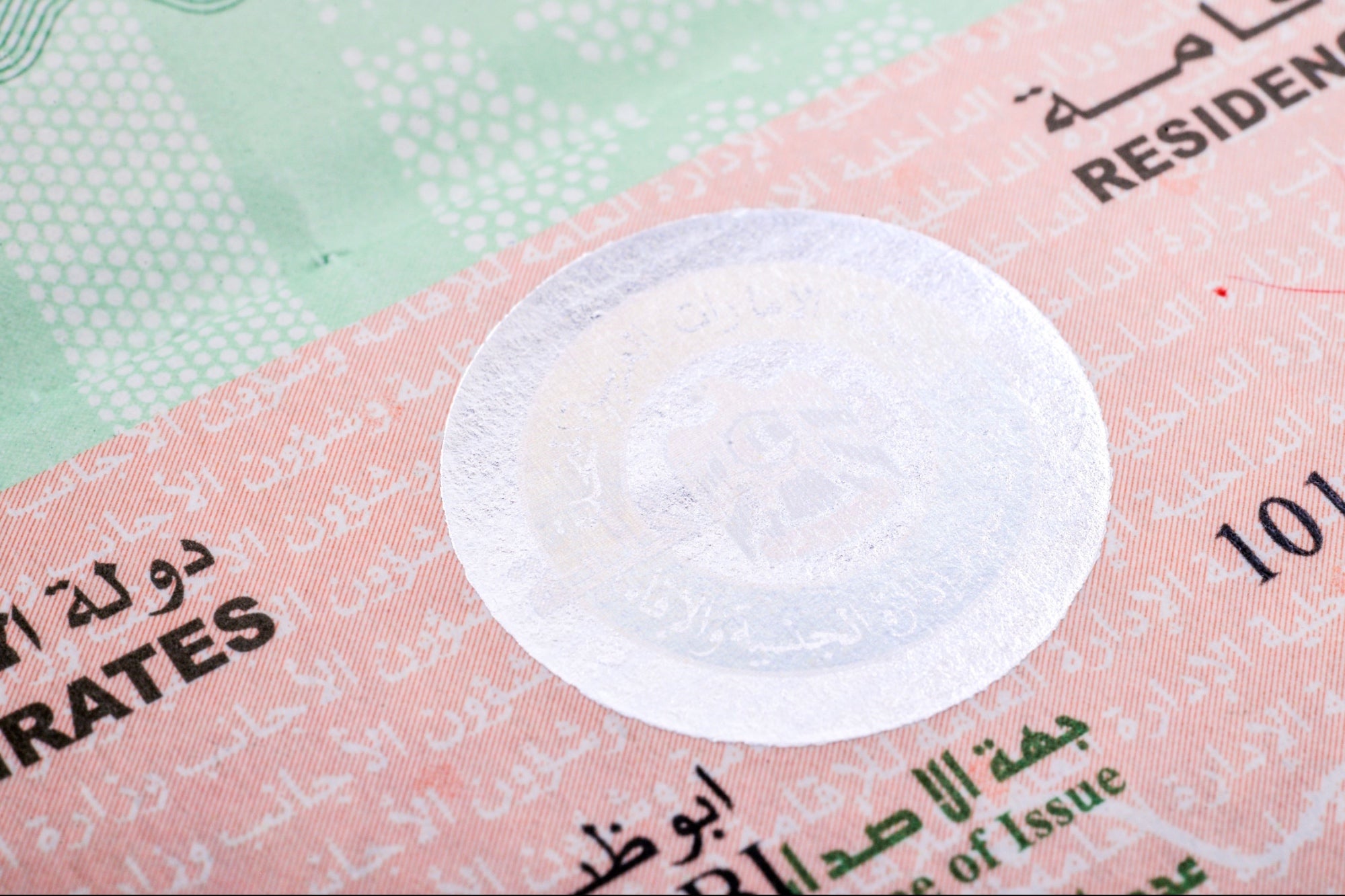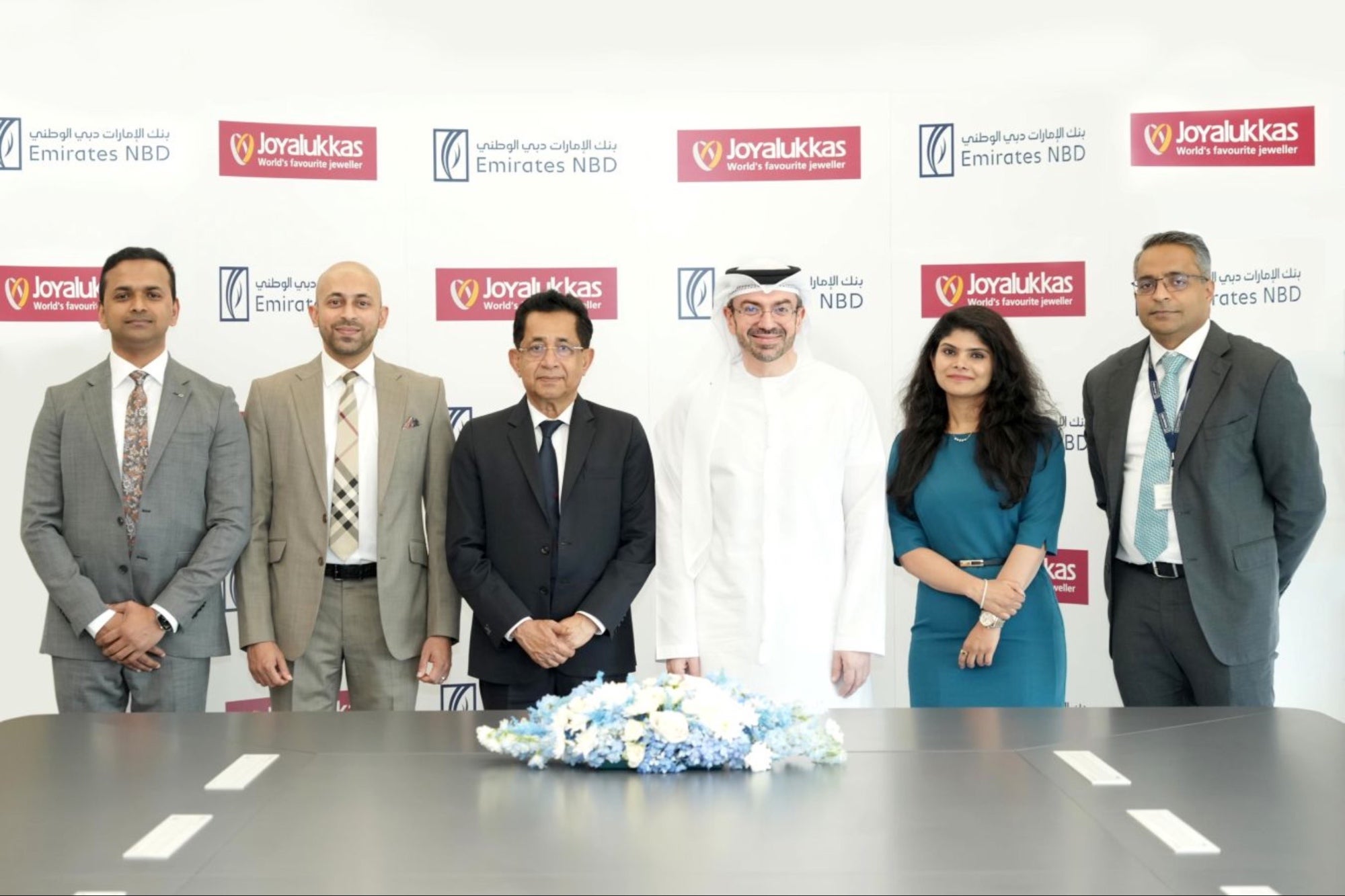Made in the MENA Region: How Local Innovation is Going Global "Made in MENA" no longer suggests a localized copy of something else. It's becoming a mark of originality for products built for real needs in tough markets, with potential for expansion designed from day one.
Opinions expressed by BIZ Experiences contributors are their own.
You're reading BIZ Experiences Middle East, an international franchise of BIZ Experiences Media.

The most exciting new tech no longer needs to come from Silicon Valley. Across the Middle East and North Africa, startups are building smart, scalable solutions to urgent problems, gaining the attention of investors and global partners alike.
"Made in MENA" no longer suggests a localized copy of something else. It's becoming a mark of originality for products built for real needs in tough markets, with potential for expansion designed from day one.
Take Dubai-based autotech startup Seez as an example. The company started with an app that could identify any car from a single image, quickly attracting nearly three million users, before shifting focus and transforming to meet deeper industry needs.
Now providing car dealerships and OEMs with software solutions to improve their customer experience and increase sales, Seez has expanded to 16 markets from Mexico to Australia, offering a complete AI- and ML-powered SaaS platform built on proprietary technology. Earlier this year, the company was acquired for $46.2 million by UK-based Pinewood Technologies.
This proves homegrown tech from the region can serve underserved markets at scale, and do it faster than many of its international competitors.
This pattern is becoming more common. Across MENA, startups are building with clear direction, solving long-standing inefficiencies and bottlenecks, creating products that work from the ground up and often have international potential.
A standout example for those looking to scale globally is InstaDeep, the tech startup founded in Tunisia in 2014 that has grown into a global leader in artificial intelligence and machine learning.
The company expanded steadily, opening offices in London, Paris, Lagos, Dubai, Cape Town, Berlin, Boston, and San Francisco. In May 2019, it announced a $7 million Series A funding round.
InstaDeep gained recognition for its groundbreaking work, including the development of an early warning system to detect COVID-19 variants. In January 2022, it secured US$100 million in Series B funding, with participation from German biotech giant BioNTech.
A year later, BioNTech acquired the company for around €500 million in cash. Since the acquisition, InstaDeep has continued to push boundaries in the AI space, launching 'Laila', an AI assistant built to automate routine scientific tasks, monitor lab devices, streamline experiments, and support scientific breakthroughs.
The company's journey showed how MENA-based tech firms can make meaningful contributions on the international stage, addressing critical needs with thoughtful, scalable solutions, rather than pursuing growth for the sake of it.
Some of the conditions driving innovation in parts of this region - unreliable infrastructure, limited public services, and fast-changing digital habits - are also common in of Southeast Asia and Sub-Saharan Africa. That makes it easier for MENA startups to move into these markets with products that are already a good fit.
The best of them aren't reworking old playbooks. They're tackling difficult, often deep-rooted issues like financial access, education gaps, and food and water security, creating tools that deliver real impact and stand the test of time.
One such case is Dubai-based Dake Rechsand, which specializes in sustainability solutions for desert farming and water conservation. The company developed a sand-based material that enables desert soil to retain water, making rainwater harvesting possible and turning previously barren land into fertile farmland. It has expanded its operations from the UAE into the USA, India, China and South Africa.
Another regional trailblazer is Tyro, which connects students with qualified tutors. By acquiring Nafham, a free, crowdsourced education platform aligned with school curricula in Saudi Arabia, Kuwait, the UAE, Syria, and Algeria, the company has created the largest edtech platform in the region.
This deal improved the learning experience for Nafham's 6 million users and demonstrated how local partnerships can drive substantial growth.
These are not just new tech products; they are solutions for urgent, often overlooked problems that call for real innovation, and MENA startups are stepping up to meet those requirements.
For many of these startups, growth is primarily demand-driven, rather than motivated merely by a desire for greater visibility. They expand into markets where their products fulfil a genuine need, guided by proven strategies, rather than a pursuit of publicity.
The region's ecosystem is rapidly evolving. In Q1 2025, MENA startups raised US$1.5 billion, a 244% increase from the same period last year. This momentum demonstrates the belief that both local and international investors now have in the region's growing potential.
Funding is just one part of the story. What sets the strongest startups apart is their focus on filling specific gaps in the market. Their products aren't abstract ideas; they're direct responses to challenges people face every day.
The future of MENA's startup scene is bright. As the region matures, it is no longer just playing catch-up with the rest of the world. Many MENA startups now addressing universal problems are often doing so more effectively than their international counterparts.
They adapt proven local ideas for international markets. By fixing real gaps where they operate, they earn trust, and prove their models work worldwide. This is how you build for today and tomorrow.









